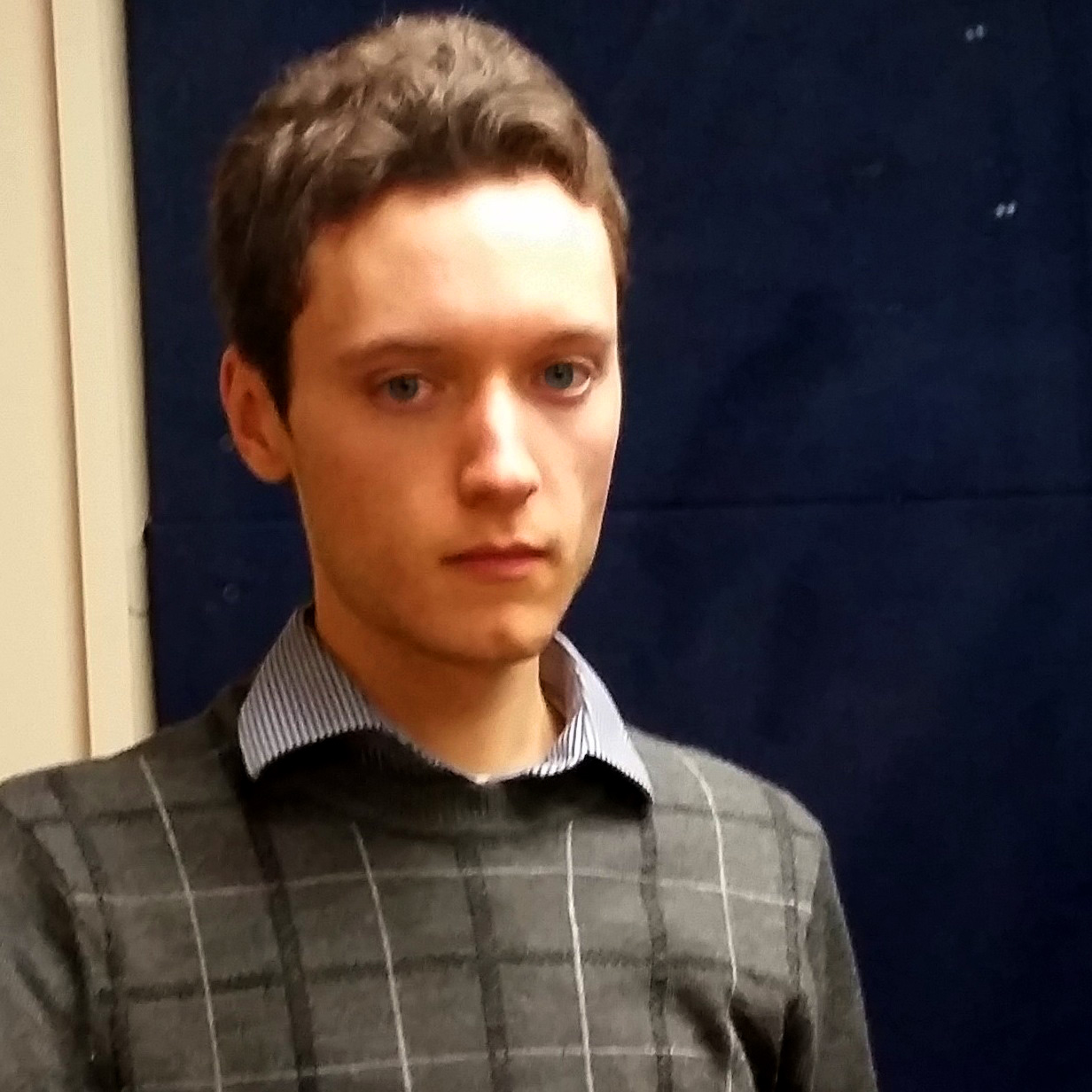
Democratically elected Evo Morales overthrown in a U.S. and OAS backed coup in 2019.
(Image by rupertomiller@hotmail. 6672 6121 hijo 66852945) Details DMCA
By the time a team of electoral observers arrived in Bolivia - including members of The Grayzone - right-wingers had already published a flood of online threats, smearing them as "terrorists" and circulating photos captured while stalking them in the airport.
SANTA CRUZ, BOLIVIA - Contributors to The Grayzone including Max Blumenthal, Anya Parampil, and Ben Norton traveled from the United States to Bolivia in order to join a delegation of independent international observers of the country's October 18th presidential election - the first vote since a November 2019 US-backed military coup removed the country's elected president.
Little known to us, however, was that we were being stalked on the way. A number of Bolivians covertly took photos of us as we waited for a connecting flight in the airport in Chile, snapped more as we boarded the plane, and published the images on social media, along with our personal information and a flight itinerary showing when we would arrive to Bolivia. The incitement campaign has led to a wave of physical threats and calls for harassment.
It remains unknown whether those who stalked and photographed us were private citizens or members of the intelligence apparatus surrounding the hardline Minister of Government, Arturo Murillo Prijic, who is considered the enforcer of Interim President Jeanine Anez's coup administration.
Hours after photographs of us were published on social media, Murillo issued a thinly veiled threat:
Our elections will be a democratic celebration, the more observers there are, the better for everyone. We warn agitators and people who seek to generate violence, they are not welcome. We will put them on a plane or behind bars. Behave, we know who you are and where you are.
Bolivia's Director General of Migration, Marcel Rivas, escalated the incitement, tweeting:
The [Supreme Electoral Court] sent invitations to "monitor" the elections to 4 well-known extreme left agitators linked to the criminal Maduro regime. The Ministry of Migration will enforce law 370: those who violate the determined purpose of their stated objective will suffer the consequences.
By the time we arrived in Santa Cruz, an eastern city that serves as the power base of the Bolivian right-wing, an online network of Bolivian far-right activists had unleashed a deluge of threats, outlandishly libeling us as drug-linked "terrorists" and supposed paid disinformation agents, inciting violence against international electoral observers officially recognized by the government of Anez.
We have obtained official letters of invitation from Bolivia's Supreme Electoral Court (TSE) / Plurinational Electoral Organ (OEP). Blumenthal, Parampil, and Norton are part of a US delegation of electoral observers organized by the human rights group CODEPINK: Women for Peace. Wyatt Reed, who has also contributed to The Grayzone in the past, is also here in his capacity as a CODEPINK election monitor.
While we have our own personal political views, we arrived in Bolivia as independent electoral monitors following the guidelines presented to us by Bolivia's electoral court, and outlined by the United Nations.
The flood of threats that greeted us is just one example of the suffocating atmosphere of right-wing intimidation in Bolivia on the eve of the election. The campaign of menacing has targeted not only the Movement Toward Socialism (MAS) party of former elected President Evo Morales, which is leading in all major polling, but even international electoral observers approved by the government of Anez.
Amid the atmosphere of intimidation, the unelected de facto government has arrested and banned numerous MAS candidates. Meanwhile, the Western-backed Bolivian NGO RÃ os de Pie, which played a leading role in the coup to remove Morales, has threatened journalists, including TeleSUR reporter and US citizen Camila Escalante.
The OAS arrives after sanctioning a coupIn addition to allowing the entry of a small team of electoral observers from CODEPINK, Bolivia's unelected transitional administration signed an agreement to allow the Organization of American States (OAS) to oversee the October 18 election.
This pact was deeply controversial, given that the OAS and its avowedly partisan, coup-supporting Secretary-General Luis Almagro played a key role in the 2019 putsch.
The OAS spread unsubstantiated claims accusing the leftist government of President Morales of electoral fraud. These accusations have since been debunked by leading international experts, including scholars from the Massachusetts Institute of Technology (MIT) and the Washington, DC-based Center for Economic and Policy Research (CEPR).
(Note: You can view every article as one long page if you sign up as an Advocate Member, or higher).





